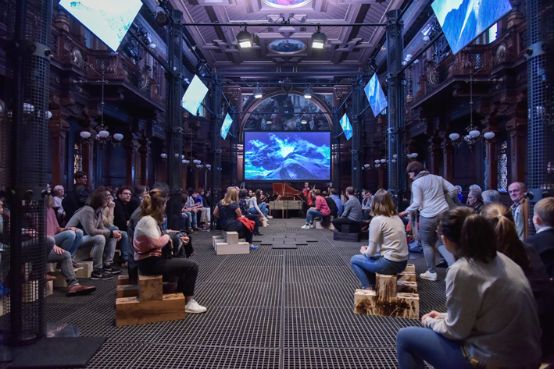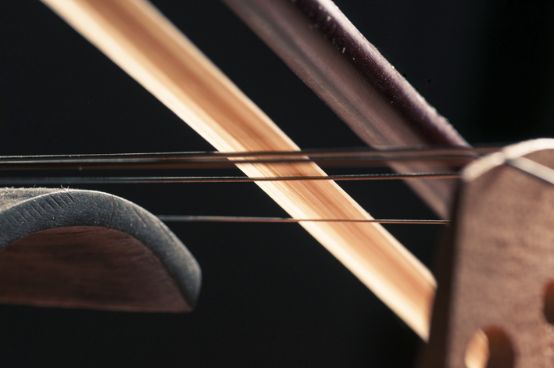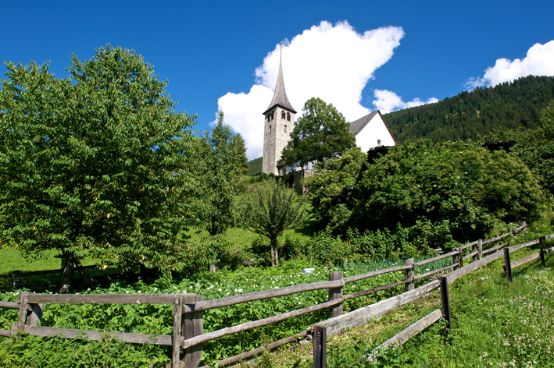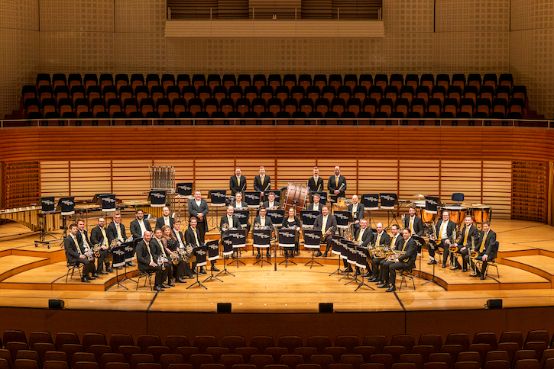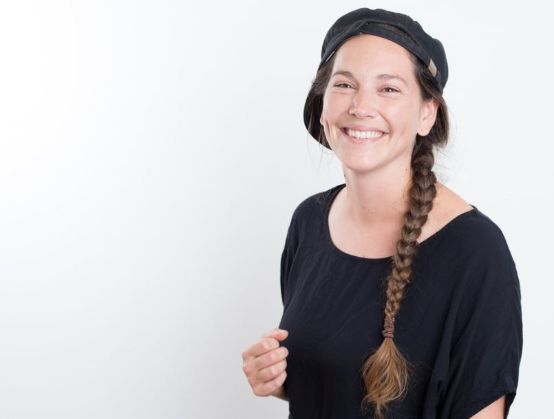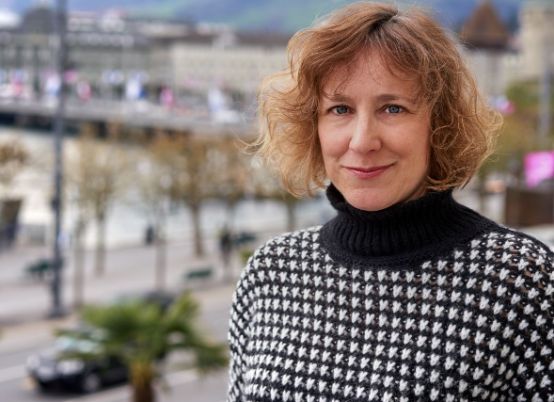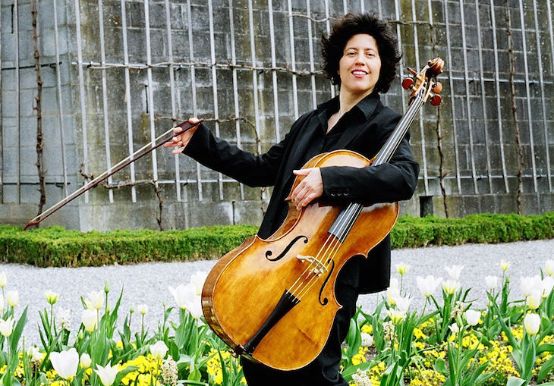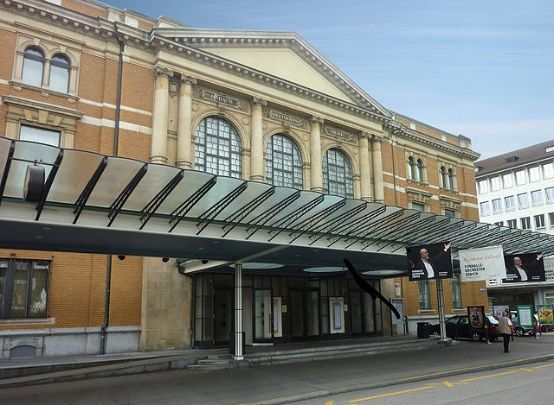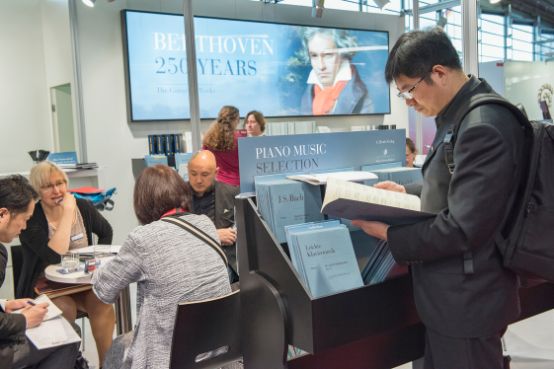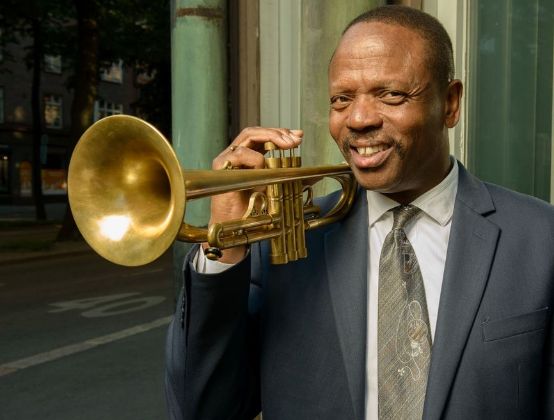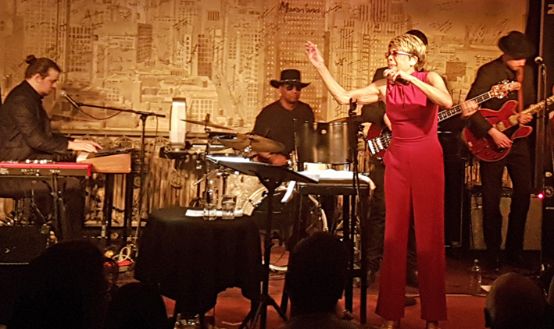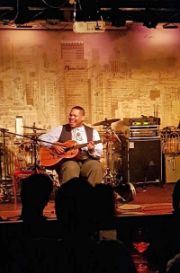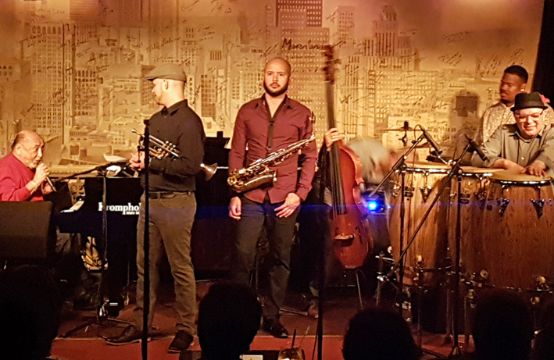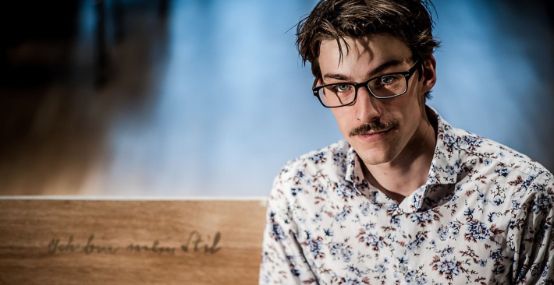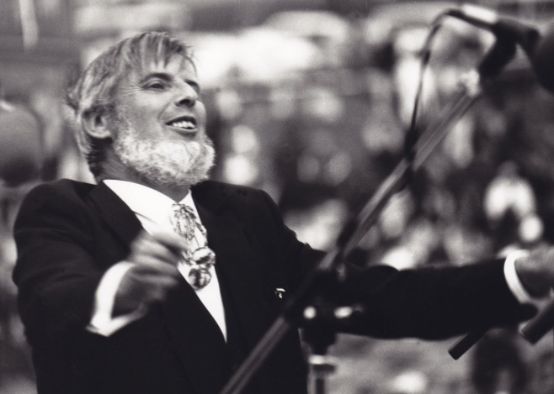Cantonal library offers music streaming
The Thurgau Cantonal Library is now offering the music streaming service "Freegal Music". Users of the cantonal library now have access to over 15 million files.
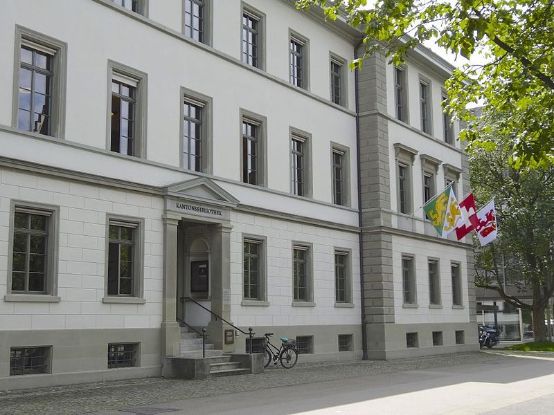
Subscribers to the Thurgau Cantonal Library can now use the music streaming service "Freegal Music" to discover tracks from a collection of over 15 million songs, music videos and audio books from more than 40,000 music labels worldwide, including Sony Music, Epic, RCA and Columbia. You can browse through playlists or create your own wish list.
With this offer, users can stream three hours of music, music videos or audio books every day. In addition, three free downloads of music or music videos are possible every week. The service can be used directly via the website or a free app without any additional software. All you need is a library card from the Thurgau Cantonal Library.
Picture credits: Scriptorium / wikimedia commons 4.0






